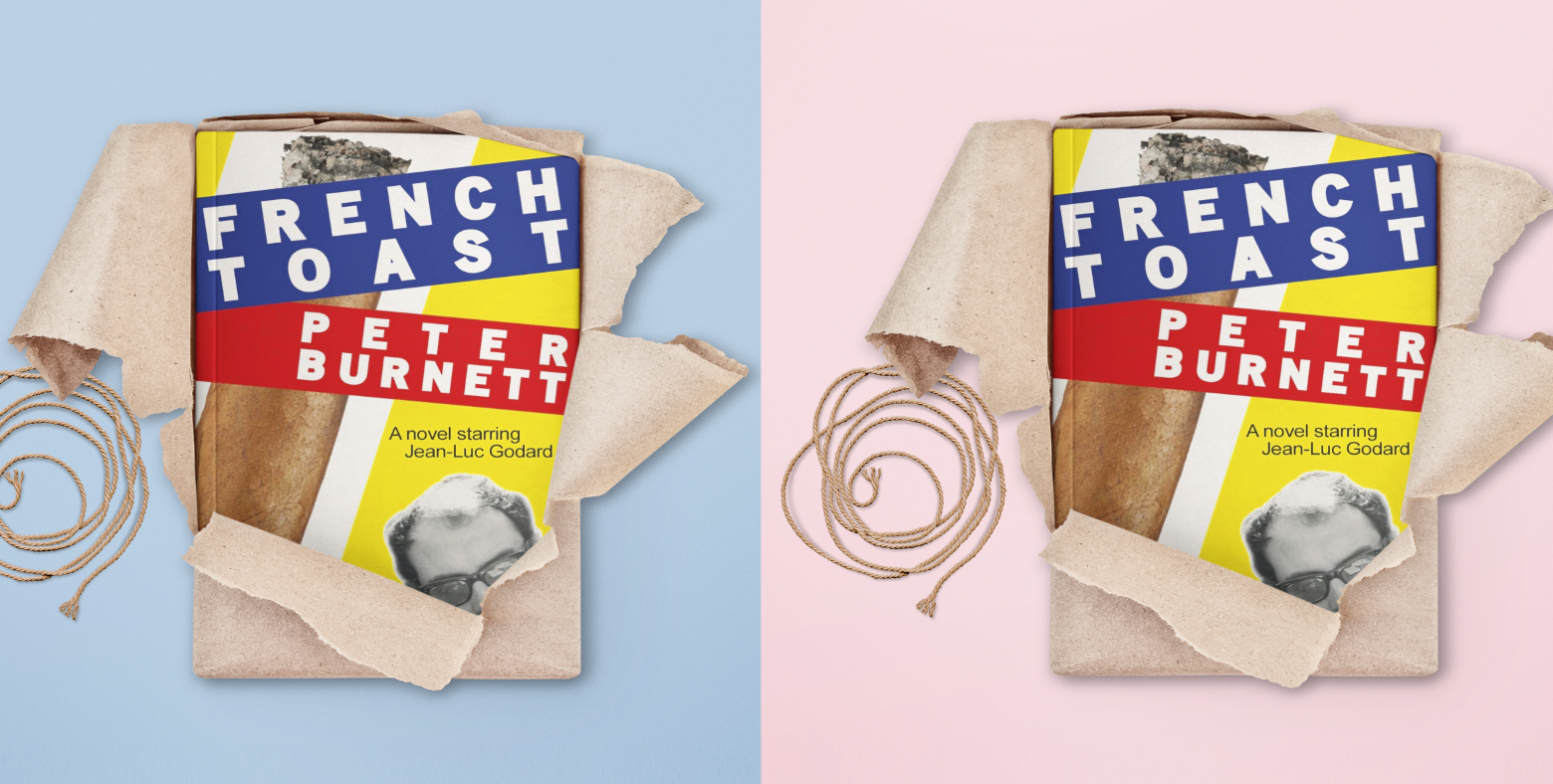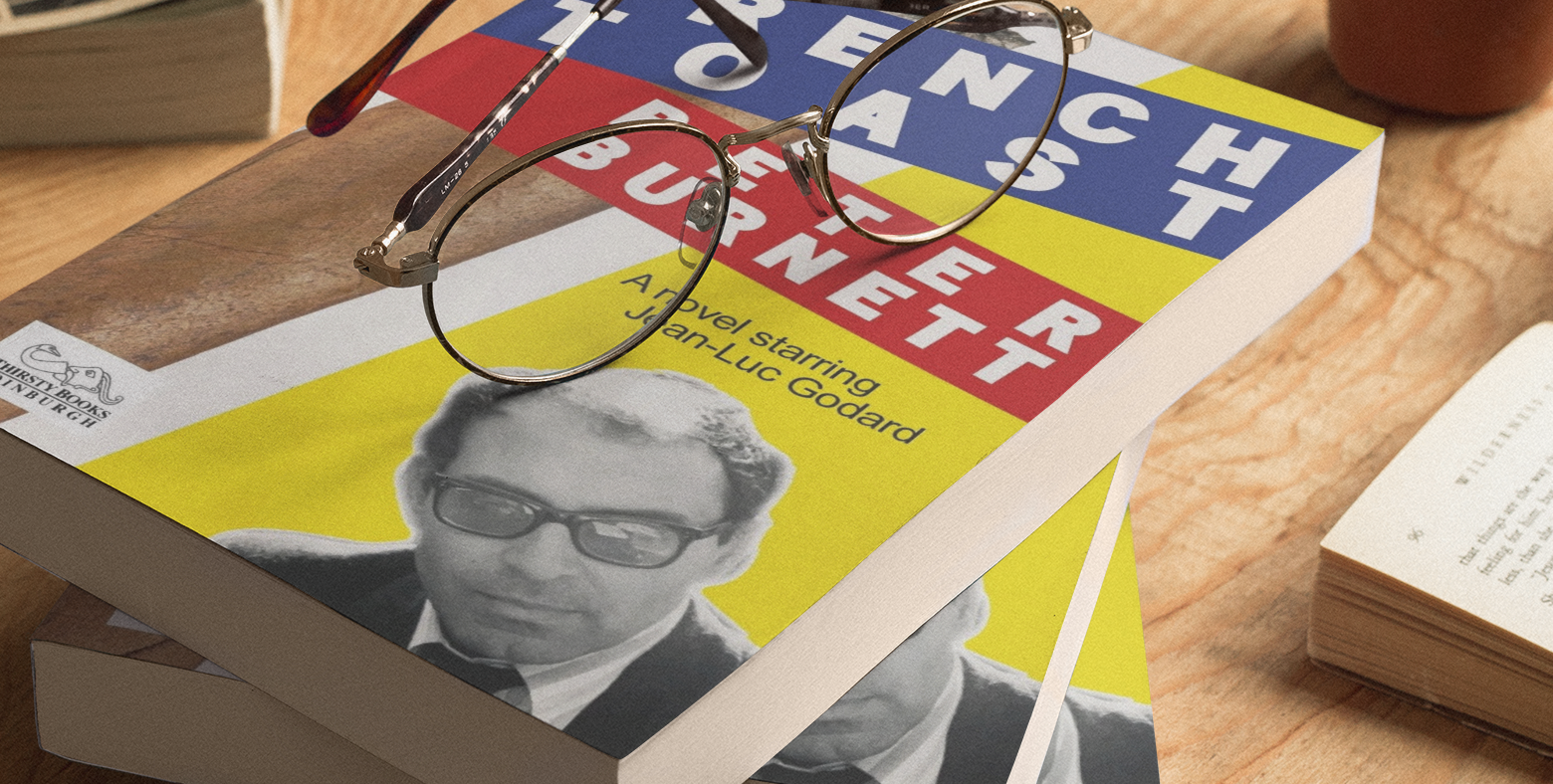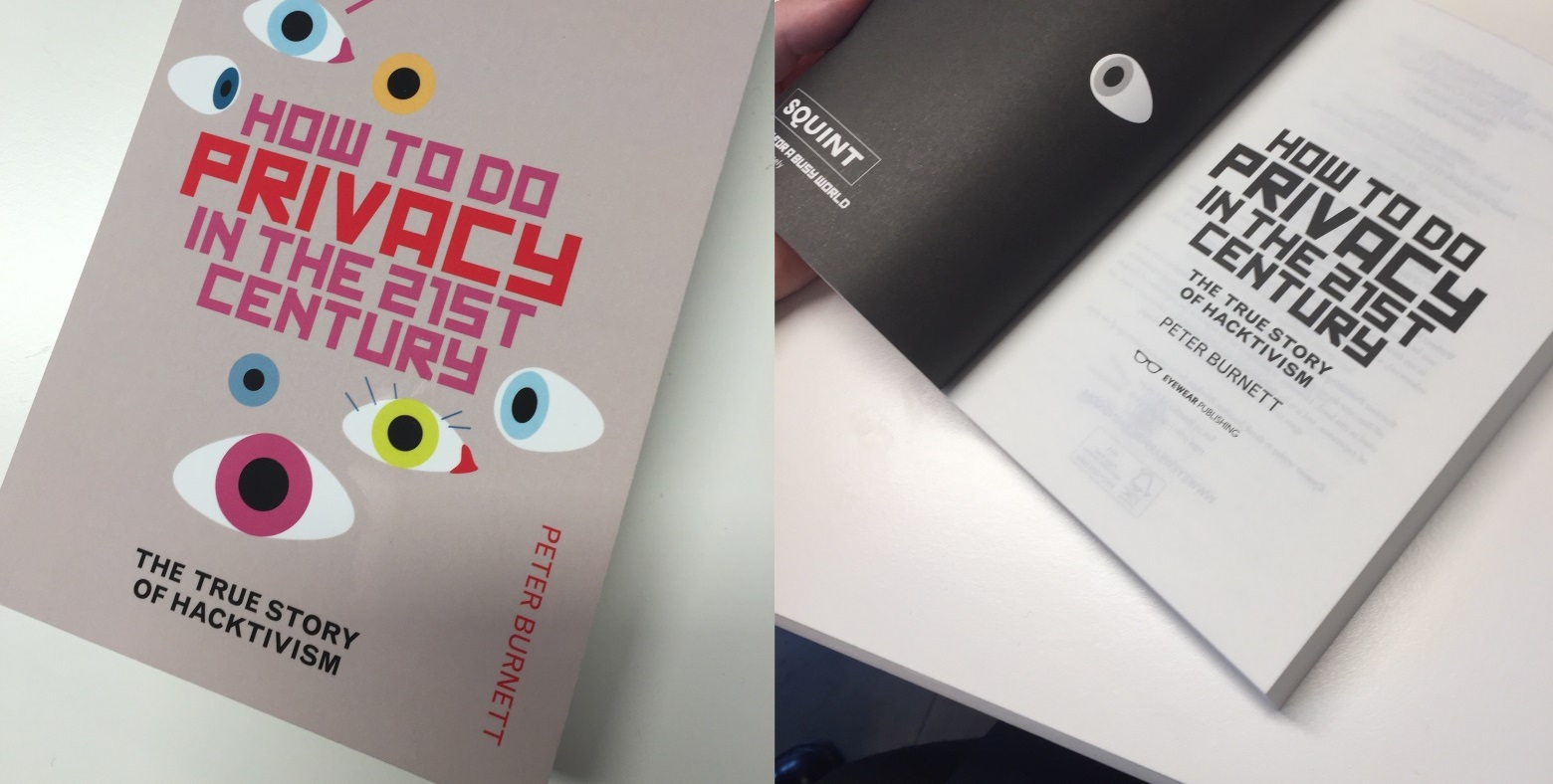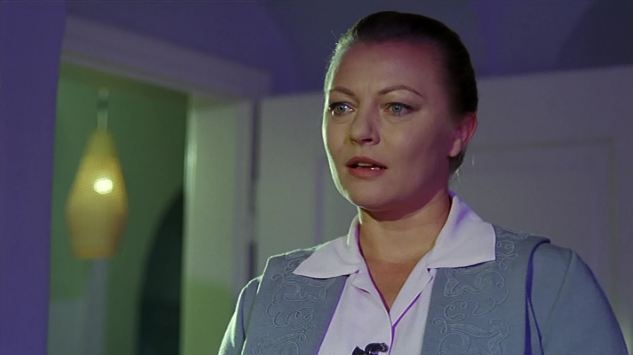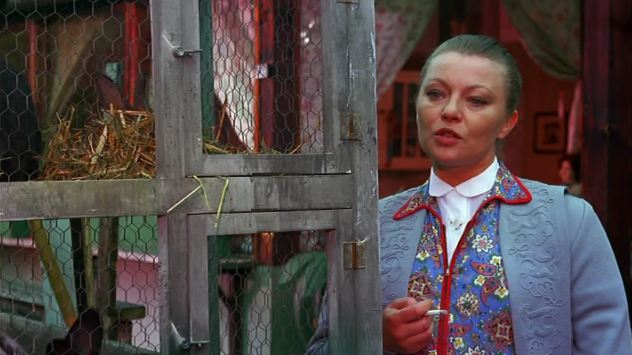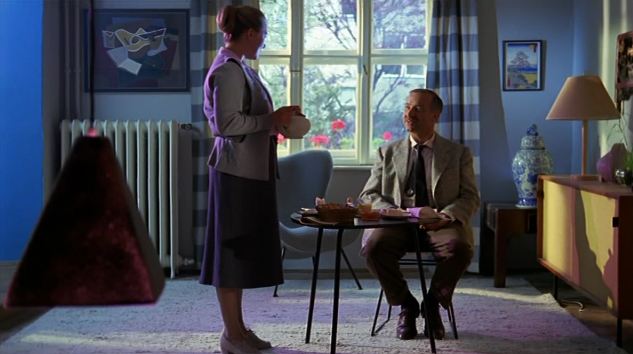Weirdly, Lola’s mother’s kitchen is lit reddish pink, like much of the nightclub, a strange effect. In fact, when they step outside into the garden, in broad German daylight, the house is still lit pink. Both Lola and her mother lie to themselves and each other, but simply from convenience. Mother is a maid, while Lola is a singer. Her primary relationship in the film is not with Lola, however, but as with everyone else – with Von Bohm, the new building inspector.
It is a trait in Fassbinder, that so many commonplace dramatic scenes become (once he has finished with them) love scenes – and that includes of course those between Karin Baal as Lola’s mother, and Armin Mueller-Stahl as Von Bohm. They are both alone, and of the same generation, and what we would never know if we were to go by Fassbinder’s luxury of colours, is that they have both been through the Second World War, probably their greatest commonality.
It’s to Fassbinder’s credit that the war is both everywhere and nowhere at once in Lola, always unspoken, and yet in everybody’s thoughts. Although the furniture is new (actually most 50s design owed its origins to 30s Bauhaus, but we needn’t drag that into things), but there is a constant unexpressed need in so many of these characters, as well as a tenderness that surrounds them.
Of all the characters in the film (including Gunther Kaufman as the GI) it is Karin Baal who is most connected with the war – she still seems to carry it. She is able to talk to Von Bohm and tells him her husband was killed at Stalingrad – such a ubiquitous death, the fact almost seems conversational. The war has been over ten years, and that is not very long indeed, and so nobody knows what the future may hold.
The absurd purple light illuminating the Kummer home is strangely unnoticeable; even when it is added to by Von Bohm parading his ridiculous new suit. It’s a constant irony (and one that is never fully played out or exposed) that Lola, whom Von Bohm is courting is his landlady’s daughter. It’s pure farce but it plays as drama, simply because it’s so satisfying. And of course Karin Ball as the landlady loves him too, it’s a great string to the film.
One of the best scenes in the film is the cringeworthy dinner party at which the denizens of the New Germany play at being proper bourgeoisie; great fodder for the ironist in the director’s chair. Unbelievably, as Lola’s mother bastes the roast and slides it into the oven in her lovingly recreated 1950s kitchen, she and Von Bohm go through the exact rigmarole that must be contrived to host a successful dinner party. ‘
Please take a seat now, it is being served,’ will be preceded by ‘nice conversation’, which in turn continues until the hostess gives the sign that the food is ready. The joy in this scene, aside from the promise that it is all going to go badly wrong, is the possibility that Lola’s mother should meet her lodger’s new young lover – Lola herself. That this never happens doesn’t detract from the scene, in fact it prolongs the drama of the film; but that it never happens at all is typical Fassbinder.
Only someone so long in the tooth and adept at his craft can now afford to set up dramatic situations, only to achieve his effect by having them not pay off. What it offers Fassbinder is more romance, yet more and yet more. Perhaps the real love story in this film is between Von Bohm and Lola’s mother, played by Karin Baal? Or perhaps it is between Von Bohm and his secretary? Or Lola and Schuckert? Or Lola and Esslin? Certainly, Karin Baal as Lola’s mother Frau Kummer is extremely sympathetic in her affection for Von Bohm, with whom she has a lot in common, and it’s simple human fate that he does not feel the same, but instead foolishly falls for her daughter.

